Date: Monday 29th September 2025
Time: 18:30–20:00 BST
Venue: Sheikh Zayed Theatre, LSE (map)
Chair: Tom Gosling (Financial Markets Group & LSE Law School)
Join us to mark the formal launch of the LSE Blended Finance Lab, funded by the LSE Global School of Sustainability. We will start with a brief update on the work of the Lab. Then, with the help of an esteemed group of panellists, we will ask what needs to happen for blended finance to make a material contribution to meeting our sustainability challenges. The event will be followed by a networking reception.
Opening Remarks: Lord Nicholas Stern (Grantham Research Institute & LSE Economics)
Introduction: Harald Walkate (Senior Advisor, LSE Blended Finance Lab)
Panellists:
Hans Peter Lankes, Deputy Chief Executive and Managing Director, ODI Global
Luiz Awazu Pereira da Silva, LSE Visiting Professor in Practice and former Deputy General Manager of the Bank for International Settlements
Odile Renaud-Basso, President of the European Bank for Reconstruction and Development
José Viñals, Special Strategic Advisor and former Chairman, Standard Chartered; Member of the LSE Council
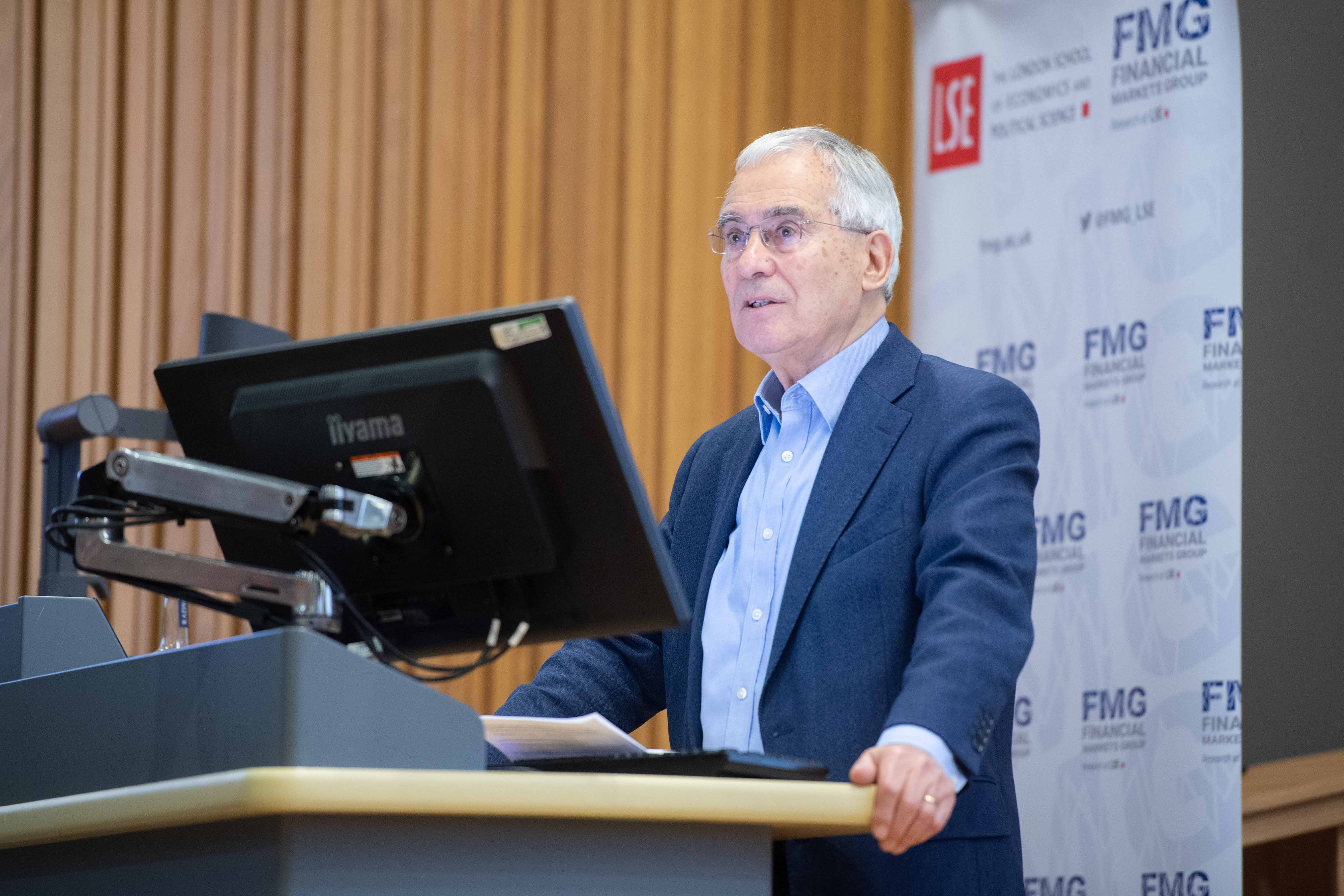
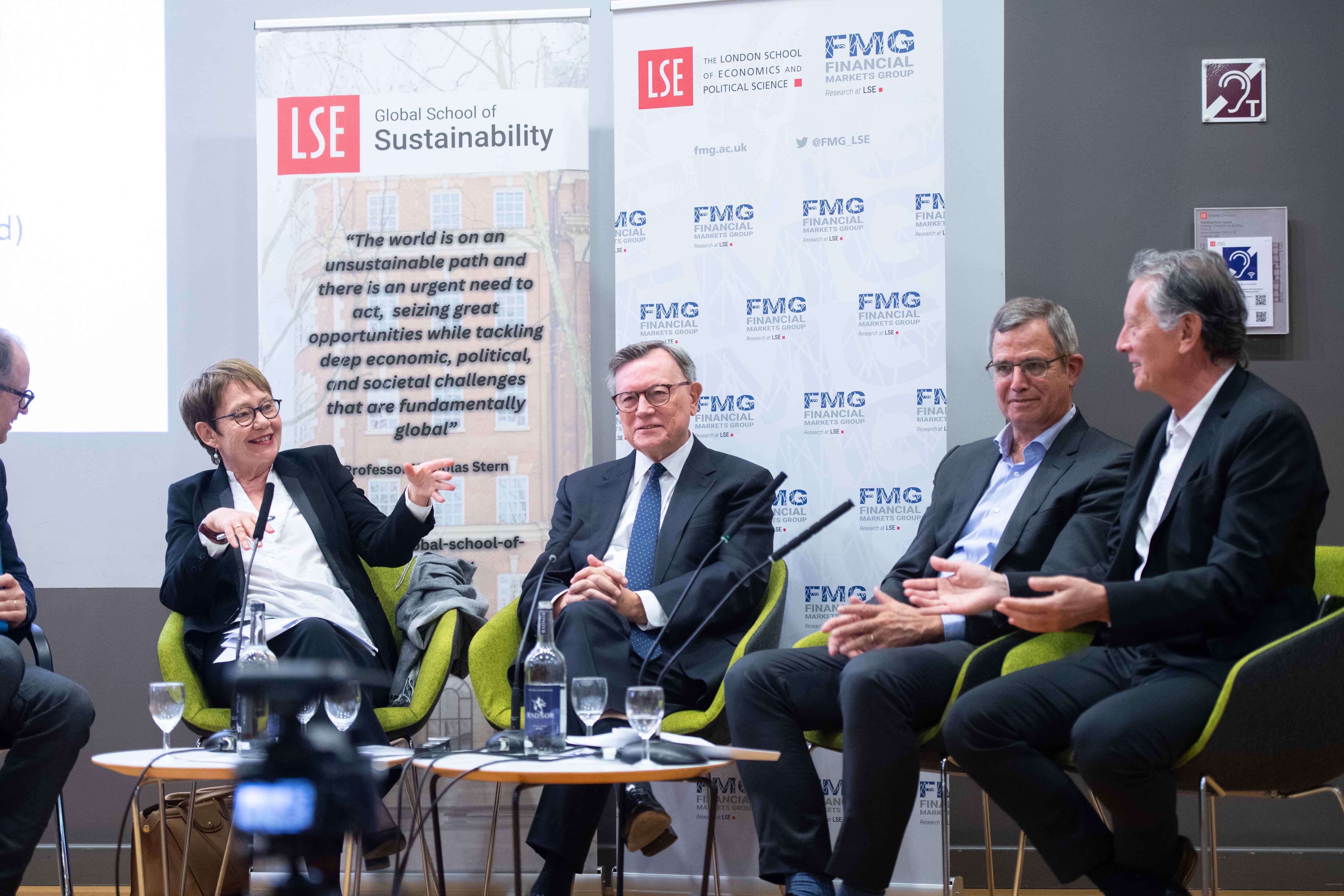
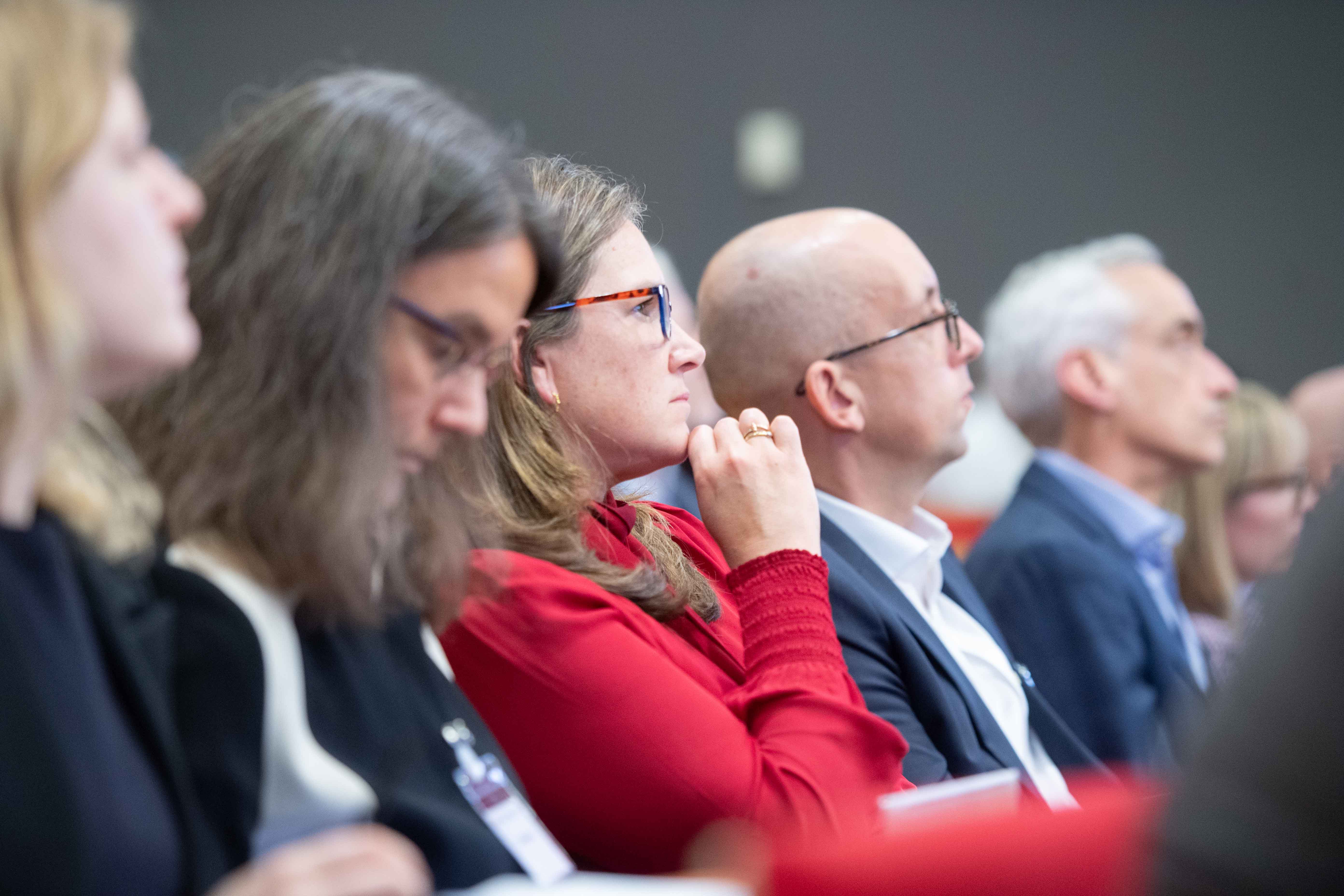
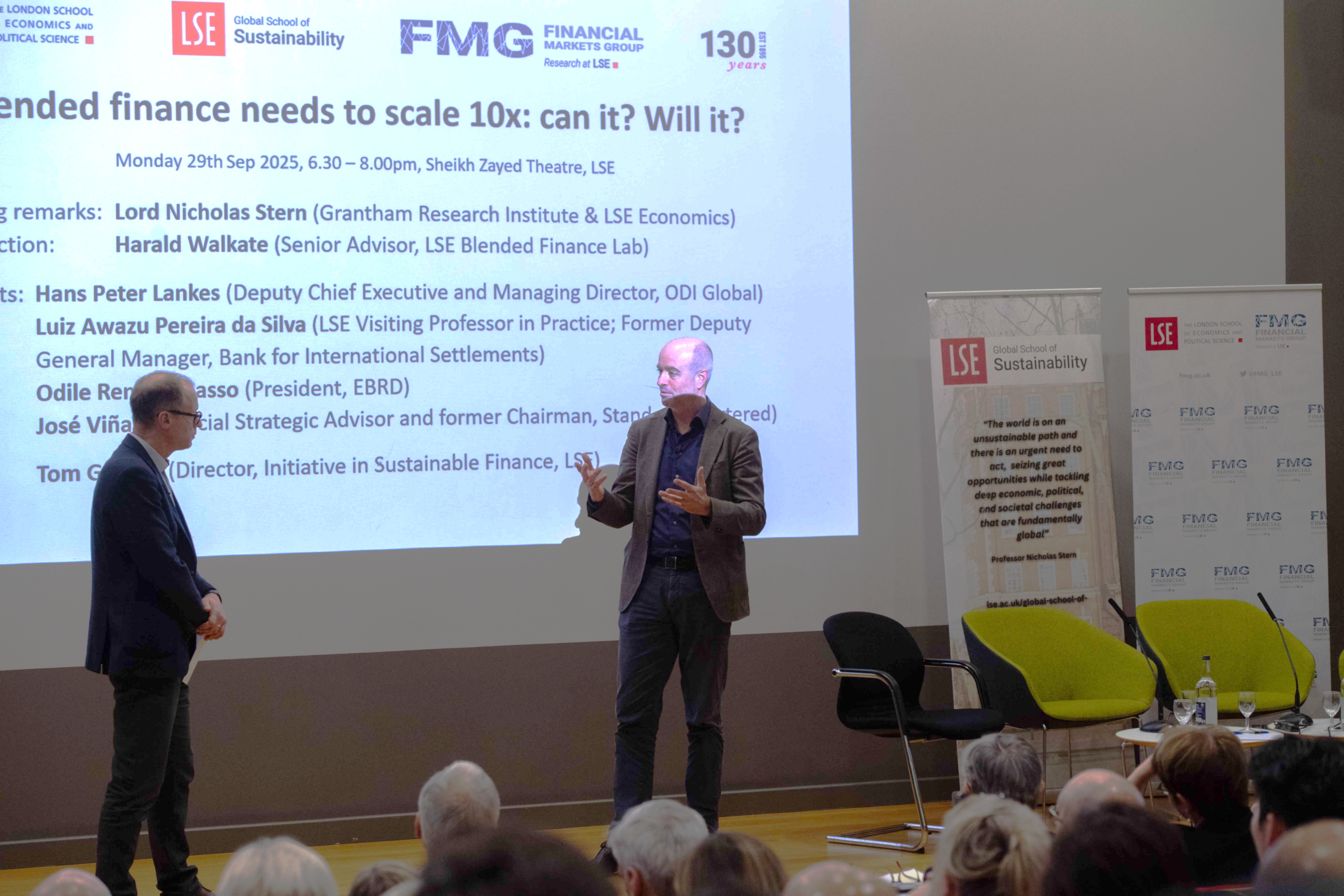
About the Blended Finance Lab
It is widely recognised that there is an enormous gap between transition finance requirements and what is being delivered globally, with a particularly stark gap in emerging and developing markets. Blended finance has long been identified as an important tool for crowding in private capital but overall remains very subscale compared with what is required. While some of the reasons for this are well understood, there remains a need to work on practical solutions.
LSE has decided to devote resources to this effort through the launch of a Blended Finance Lab funded by the new LSE Global School of Sustainability. The Lab will provide a format for LSE to bring its breadth of capability to bear in working with market participants to address specific practical problems within the market for blended finance. The Lab will work cooperatively with other initiatives to provide problem-solving capability in an agile way in response to market needs.
Biographies
Tom Gosling
Tom Gosling is the Director of the Initiative in Sustainable Finance at LSE. He is a board advisor and academic with over two decades of experience in corporate governance and responsible business. Formerly a Partner at PwC, he is now Professor in Practice at the LSE’s Financial Markets Group and leads the Sustainable Finance theme within the Global School of Sustainability. He also serves as Executive Fellow at ECGI and advises investors, companies, and regulators on governance and sustainable finance.
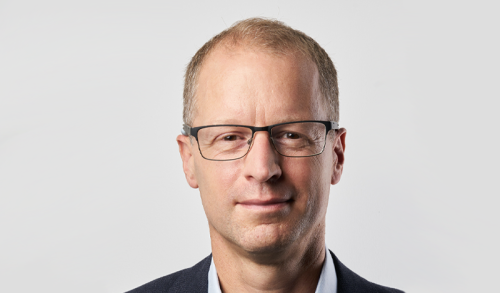
Hans Peter Lankes
Hans Peter Lankes is the Managing Director and Deputy Chief Executive at ODI, and is a visiting professor in practice at the LSE Grantham Research Institute and a senior fellow at the LSE/Oxford International Growth Centre.
He has been an advisor to successive G20 Presidencies on reform of the international financial architecture, including the multilateral development banks, serves on the South African G20 Africa Expert Panel, and is a member of the Investment Committee of ILX (an SDG impact fund).
Hans Peter's research focuses on climate finance, development economics and sustainable growth.
Until early 2021, Hans Peter was the Vice President, Economics and Private Sector Development at the International Finance Corporation/World Bank Group, having previously served in various roles on the management team of the European Bank for Reconstruction and Development and as Chief of the Trade Policy Division at the International Monetary Fund. Earlier in his career, Hans Peter had a track record in academia and policy consulting in Central America, West Africa and Southeast Asia.
Hans Peter obtained his PhD from Harvard University with a thesis on the political economy of hyperinflation, an MPA from Harvard Kennedy School, Diplom-Volkswirt from Albert-Ludwigs-Universität Freiburg and License en Sc. Economiques from Université de Grenoble.
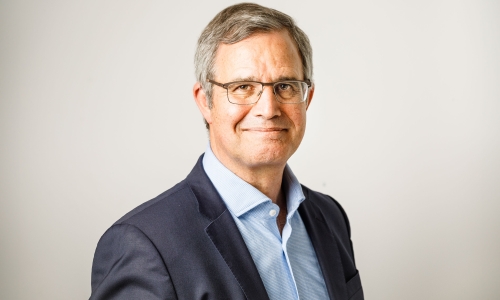
Luiz Awazu Pereira da Silva
Luiz Awazu Pereira da Silva is a Visiting Professor in Practice in the Grantham Research Institute at LSE. He was Deputy General Manager of the Bank for International Settlements (BIS) from October 2015 to August 2023. During his time at the BIS, he was also acting Chief Risk Officer, Chair of the Diversity & Inclusion Committee and Chair of the Environment and Sustainable Steering Group.
Before joining the BIS, Mr Pereira da Silva had been Deputy Governor of the Central Bank of Brazil since 2010. Prior to that, he worked in various positions for the World Bank in Washington DC, Tokyo and southern Africa. He also served as Chief Economist for the Brazilian Ministry of Budget and Planning, and as Brazil’s Deputy Finance Minister in charge of international affairs. Mr Pereira da Silva holds a doctorate in economics and MPhil from Panthéon-Sorbonne University and graduated from the École des Hautes Etudes Commerciales (HEC) Paris and the Institut d’Études Politiques (Sciences Po) in Paris.
His current research interests include economic development, international macroeconomics, monetary Policy, and inequality and poverty.
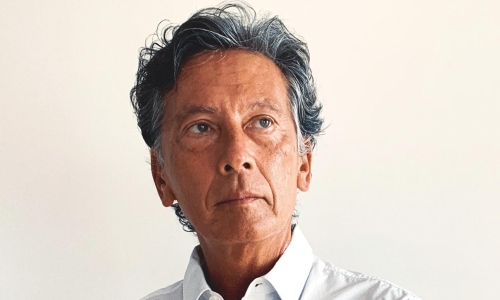
Odile Renaud-Basso
Odile Renaud-Basso is President of the European Bank for Reconstruction and Development. She took up her role in November 2020, replacing Sir Suma Chakrabarti, who had stepped down in July 2020 after serving two full four-year terms. She is the first ever woman head of a multilateral development bank.
Prior to joining the Bank, as Director General at the French Treasury, Ms Renaud-Basso oversaw the development of France’s economic policy, leading on European and international financial affairs, trade policy, financial regulation and debt management.
As part of her role, she also served as Vice-President of the European Economic and Financial Committee, deputy to the G7 and G20 groups and French Governor or Alternate Governor of the World Bank, EBRD and African Development Bank. She was also Chair of the Paris Club.
She was previously Deputy Director-General of Caisse des Dépôts, a large French public financial institution.
Ms Renaud-Basso is a graduate of the Paris Institut d’Etudes Politiques (Sciences Po) and an Ecole Nationale d’Administration alum. She also attended Harvard University’s John F. Kennedy School of Government.
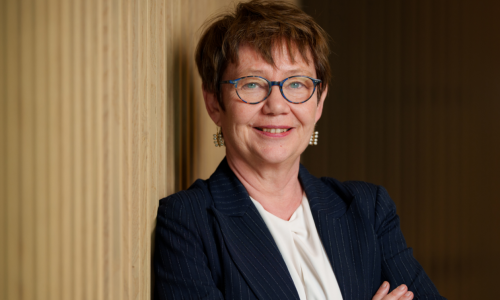
Lord Nicholas Stern
Lord Nicholas Stern is the IG Patel Professor of Economics and Government, Chair of the Grantham Research Institute and the Global School of Sustainability and Head of the India Observatory at the at LSE. He was the President of the British Academy (2013 – 2017) and was elected Fellow of the Royal Society in 2014. He was Chief Economist of the European Bank for Reconstruction and Development, 1994-1999, and Chief Economist and Senior Vice President at the World Bank, 2000-2003. He was knighted for services to economics in 2004 and appointed Companion of Honour for services to economics, international relations and tackling climate change in 2017. He has published more than 15 books and 100 articles and his most recent book is “Why are We Waiting? The Logic, Urgency and Promise of Tackling Climate Change”.
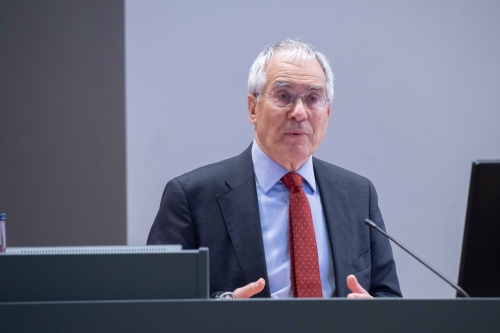
José Viñals
José Viñals is an international banker, economist, former central banker and international official.
José retired in May 2025 as Group Chairman of Standard Chartered PLC and Chairman of Standard Chartered Bank, after having been appointed in 2016. The international banking group is one of the global systemically important banks, with a deep presence in emerging markets.
José is currently engaged in several international business and public policy initiatives. He is a Special Strategic Advisor to Standard Chartered PLC and a Member of its International Advisory Council; Co-Chair of the London Coalition, an initiative of the UK Government; Co-Chair of the United Nations Alliance of Global Investors for Sustainable Development (UN-GISD); Board Director of the Bretton Woods Committee; Vice-Chairman of the International Financial Forum (IFF); Member of the Business Advisory Group to the Director-General of the World Trade Organisation (WTO), and Board Director of the Social Progress Imperative.
Prior to his role as Group Chairman of Standard Chartered, José served as the Financial Counsellor and Director of the Monetary and Capital Markets Department at the International Monetary Fund between 2009 and 2016. He was responsible for the oversight and direction of the IMF’s financial sector work and the IMF’s chief spokesman on financial matters, including global financial stability. During his time at the IMF, José was a member of the Plenary and Steering Committee of the Financial Stability Board, which played a key role in the reform of international financial regulation after the Global Financial Crisis
Before his role at the IMF, José spent 25 years at the Central Bank of Spain, ultimately as the Deputy-Governor, with responsibility over areas including monetary, financial, supervisory, and operational matters. He began his career as member of the faculty of the Economics Department at Stanford University,
José has a Ph.D. and M.A. in Economics from Harvard, an M.Sc. in Economics from the London School of Economics, and a Licenciatura in Economics from the University of Valencia.
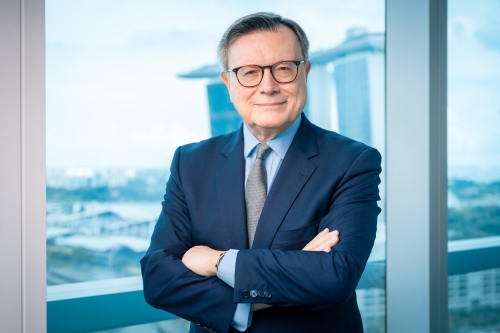
Harald Walkate
Harald Walkate is Senior Advisor at the LSE Blended Finance Lab. He is a founding partner and advisor of Route17, an independent blended finance advisory firm. He is also a Senior Fellow at the University of Zurich Center for Sustainable Finance & Private Wealth and a Member of the ESG Advisory Committee of the Financial Conduct Authority, UK. Previously he was the Head of ESG and Member of the Executive Committee of Natixis Investment Managers, and the Global Head of Responsible Investment at Aegon Asset Management.
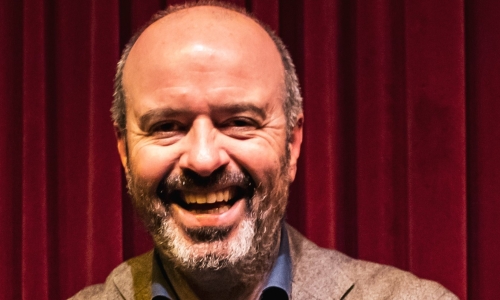
The Global School of Sustainability at LSE (GSoS) is the interdisciplinary centre for sustainability impact at the London School of Economics and Political Science (LSE). Through LSE’s interdisciplinary excellence across the social sciences, our global networks collaborate to target the systemic challenges to sustainability embedded in the world’s economies, politics and societies. We work in partnerships across the LSE community and beyond to advance pioneering sustainability research, world-leading educational opportunities and global policy engagement.
